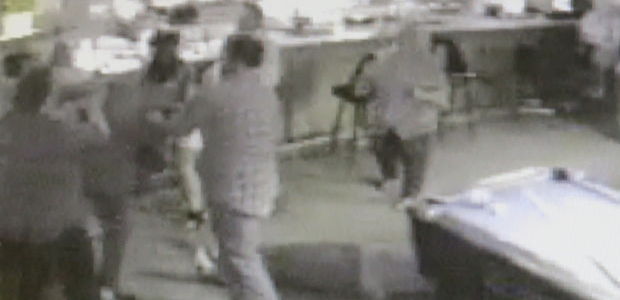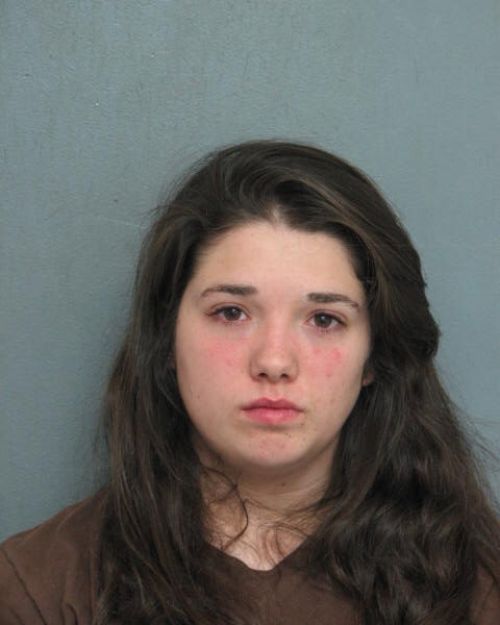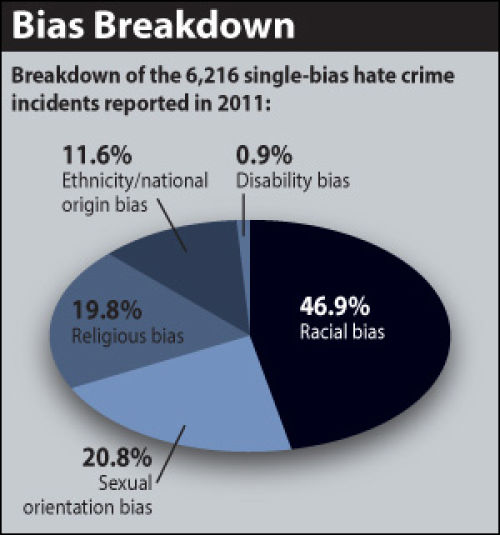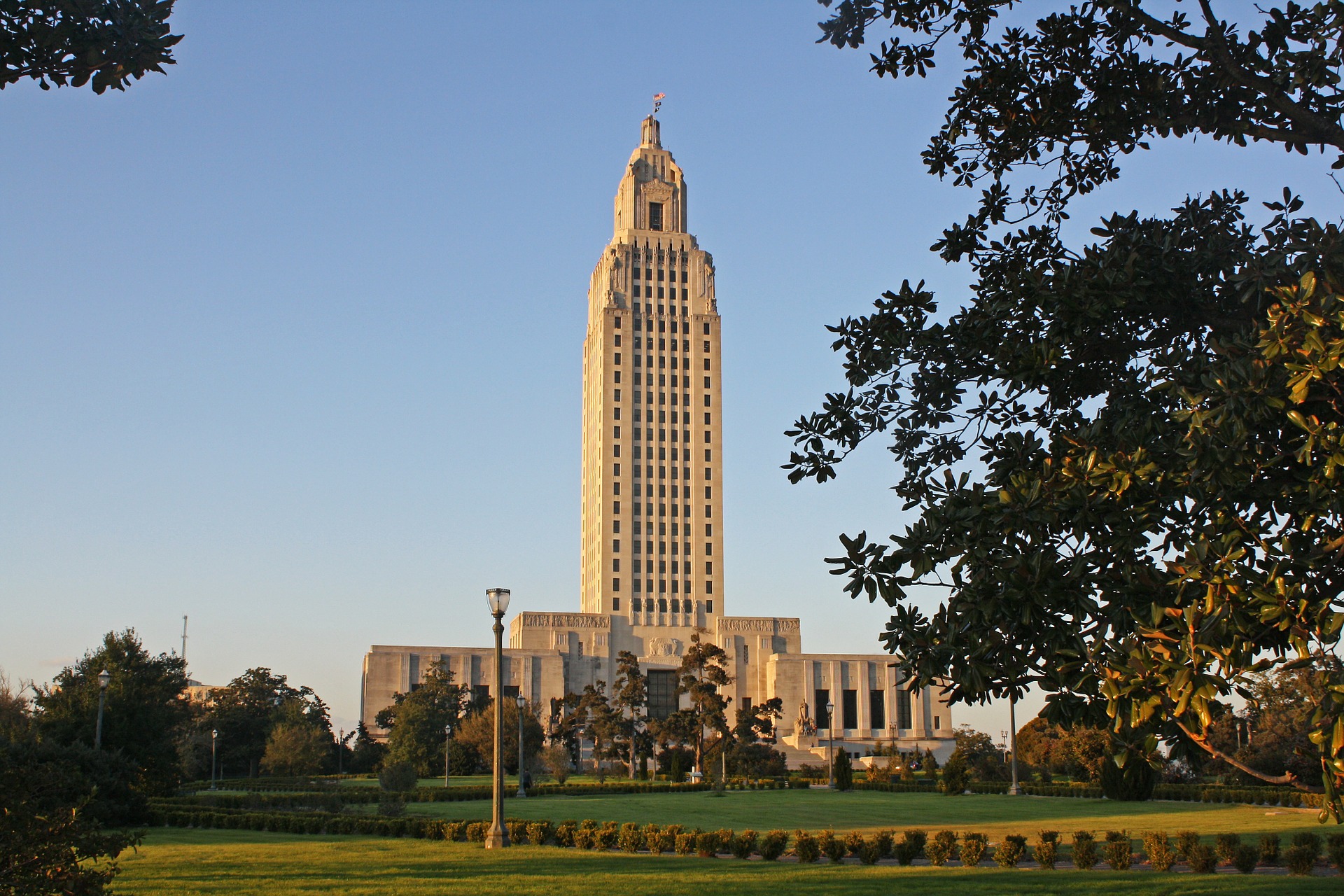
Hate Crime: Houma couple charged after karaoke night assault
May 7, 2013
Wreck fuels golf cart controversy
May 7, 2013Louisiana Revised Statute 14:107.2 states it is unlawful for any person to select the victim of certain crimes because of “actual or perceived race, age, gender, religion, color, creed, disability, sexual orientation, national origin or ancestry of that person.” The crimes listed range from murder to arson, kidnapping and rape, as well as some misdemeanors. When it can be proved the victim selection is based on one of the categories described above, additional penalties are prescribed, if prosecutors keep the “hate crime” charge.
If the underlying offense is a misdemeanor, the offender may be fined “not more than $500 or imprisoned for up to 6 months.
If the underlying offense is a felony, the offender may be fined up to $5,000 and imprisoned with or without hard labor for up to 5 years or both.
In the event of felonies and misdemeanors, the additional fine or sentence shall – “may” – be consecutive to the sentence or fine for the underlying charge. That means the fine or prison time are added to whatever the person draws for the underlying crime.
Hailed as a major achievement by civil rights advocates, the passage of Louisiana’s hate crime statute has come under fire from critics, in particular those who say sexual orientation should not be one of the considerations used.
All violent crimes, critics reason, can be seen as crimes of hate.
Supporters of laws like the Louisiana statute say it is necessary to protect sexual orientation, as a means of telling society as a whole that committing a crime against someone because of who or what they are is in itself wrong. It also encourages victims of hate crimes to come forward and say why they believe they were victimized, in the belief that they will be seen as equal in the justice system even if they were not by the perpetrator.
The FBI tracks hate crimes reported throughout the nation.
In 2011, the last year for which a full report is available, there were 6,216 reported hate crimes in the U.S., where a single bias was seen as the motivation.
The majority of those – 46.9 percent – were racially motivated. A total of 20.8 percent occurred because of a bias against the victim’s sexual orientation, 11.6 percent were due to the victim’s religion.
The concept of the law can be lost at times on people who may have trouble understanding why any one group should have special protections.
“There is a difference between someone who is attacked because they are gay and someone who is gay that is just attacked,” said Sarah Jane Brody of the Forum For Equality in New Orleans, which worked with legislators to help pass the law in 1998. “If you are walking down the street and are robbed and beaten and happen to be gay and not targeted for any reason other than that you had a wallet, that would not be a hate crime. If you are with your partner and holding hands and someone violently attacks you, there is no other reason for you to be attacked, that would fall under the statute.”
In addition to empowering victims and discouraging such behavior overall, Brody and other advocates say the enhancement of the hate crime law helps keep track of people who commit such crimes.
“People who attack on the basis of race or sexual orientation often have a history of it,” she said. “It continues throughout their life, and people can see the escalation of what has happened.”









